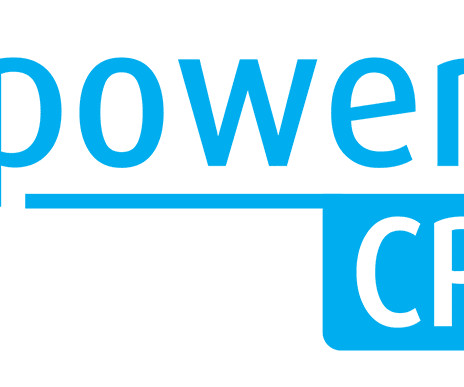7 Critical Supply Chain Management Trends for 2023
Zycus Cognitive Procurement
DECEMBER 15, 2022
As we are coming to the end of the year, procurement and supply chain leaders across industries initiate their annual strategic planning process for the next year. We have shortlisted 7 C ritical T rends that will help supply chain leaders and practitioners to build a strategic blueprint for 2023 and beyond.












Let's personalize your content